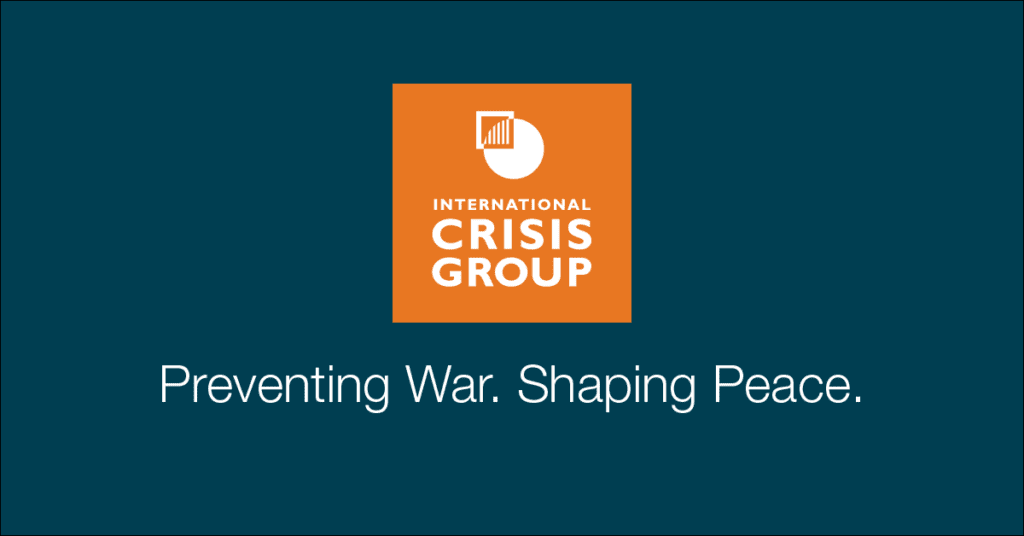Kenya hosted talks between holdout opposition groups and govt, intercommunal violence remained rampant, and disruption of oil exports deepened economic crisis.
Govt and holdout opposition groups held peace talks in Kenya. High-level mediation 9 May started in Kenyan capital Nairobi, bringing together govt and some opposition groups that did not sign 2018 peace accord, including South Sudan United Front, Real-Sudan People’s Liberation Movement and South Sudan People’s Movement/Army (SSPM/A); National Salvation Front led by Thomas Cirillo and Sudan People’s Liberation Movement/Army in Opposition Kitwang led by Simon Gatwech did not participate, dimming hopes for wider deal. SSPM/A leader Stephen Buay 20 May accused govt of sending agents to Nairobi to target him and threatened to withdraw from talks. Kenyan authorities same day launched investigation into claims; in the meantime, Buay agreed to continue participating.
Communal violence persisted in several regions. Notably, in Jonglei region alleged Murle ambush 9 May killed three in Duk county; suspected armed Lou Nuer youth from Jonglei 12 May reportedly raided villages in Likuangole county, Greater Pibor Administrative Area, abducting nine people and raiding cattle. Authorities from Abyei area and Warrap State early May traded blame for deadly violence and cattle raids. Fighting between Balanda and Azande in Tombura county, Western Equatoria, reportedly displaced over 10,000 by 2 May.
Disruption of oil exports fuelled fiscal crisis. Breakdown of main oil pipeline continued to threaten currency collapse and fuel spike in food costs, raising risk of renewed instability and violence. Central Bank governor 3 May said oil reserves are “at historically low levels”, affecting foreign currency reserves. Official 28 May claimed operations would resume imminently, though acknowledged oil had gelled along pipeline; industry experts maintained that repairs necessary to restart exports would take at least months to complete.
Concerns over election preparedness persisted. U.S. 9 May warned it would not support electoral process without urgent govt action to implement 2018 peace agreement. Body tasked with tracking implementation of agreement 23 May said there was “no evidence of sufficient preparation” for elections. Meanwhile, UN Security Council 30 May renewed sanctions on South Sudan for one year, including arms embargo, travel bans and asset freezes.
Source link : https://www.crisisgroup.org/africa/horn-africa/south-sudan
Author :
Publish date : 2016-07-28 12:02:25
Copyright for syndicated content belongs to the linked Source.
